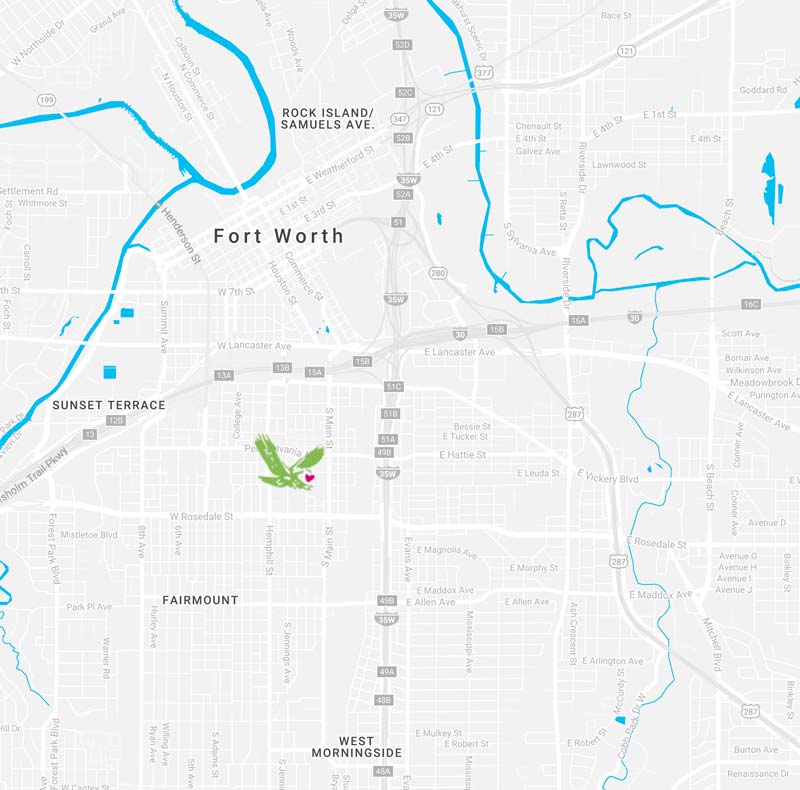The Talk
“End of life decisions should not be made at the end of life.”
– Anonymous
A 36-year-old mother with cancer said her life was worth living if she could feel her children’s little bodies against her. One 87-year-old man with lung disease said the only reasonable outcome to live out his life would be if he could continue living independently on his two acres and chop his own firewood. Quality of life is different for each person. It is as unique as you and me. Because of this, difficult conversations need to happen before you or your loved one are critically ill and unable to cognitively or physically express your needs or wants.
It can become a common pattern in a hospice professional’s world; asking the next of kin what their loved one’s wishes are and often the family has not had that difficult conversation yet. Do they want to be on a ventilator? Do they want to be in a care facility, or would they rather be at home? Who will help support them during their care and take on the role of primary caregiver or even the Power of Attorney? The list of questions goes on. During such a critical and emotional time, it is challenging to make sound decisions and comfortably answer such difficult questions quickly. Family members want to make their loved one happy and at peace at the end of their life, but without having “The Talk,” you are left questioning.

From the article “The Time for ‘The Talk’ Is Now,” the Kaiser Family Foundation study reported only 56 percent of adult Americans have had a serious conversation about health care preferences, 27 percent wrote down their preferences and just 1 in 10 discuss them with a health care provider. These are staggering numbers considering 1.49 million people received hospice care in 2017 (according to the NHPCO Facts and Figures: 2018 Edition).
Before current events and the reality of a pandemic, hospice care providers and physicians may have had the luxury of more time to talk with patients about their values and priorities, but time is truly of the essence when it comes to an unexpected diagnosis like COVID-19. Take this not as another worry in your world, but as an encouragement. Take the time to talk now and value your loved ones and yourself through hard conversations. Think about what quality of life looks like for you and share it with the ones you want to make those difficult decisions with you. Write your wishes down and make “The Talk” a living document you share so your values and needs are met.
Sources: The New York Times, National Hospice and Palliative Care Organization
About Project 4031
Project 4031, named after the Bible verse Isaiah 40:31, fulfills end of life dreams no matter what age a patient is and offers financial assistance to help families with basic needs. As part of a global initiative, Project 4031 also provides gently used medical equipment to international hospice and palliative care facilities to better the end-of-life journeys for those around the world. For more information, visit project4031.org.
Contact Us:
708 May Street
Fort Worth, Texas 76104
info@project4031.org
Phone: (817) 653-8976
Fax: (817) 841-8250

Site design by Teleos Marketing



